Entry Type: Group - Starting with W
Women’s Project
Women’s Emergency Committee to Open Our Schools (WEC)
 Wonderland Cave
Wonderland Cave
Woodruff County Historical Society
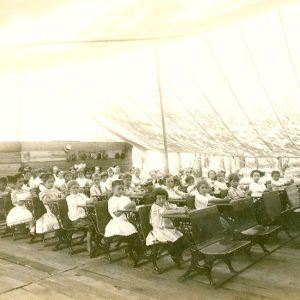 Woodruff School
Woodruff School
Wool Hat Boys
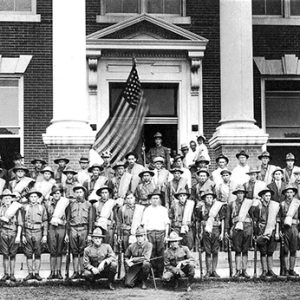 World War I Soldiers
World War I Soldiers
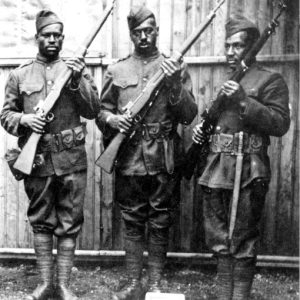 World War I Soldiers
World War I Soldiers
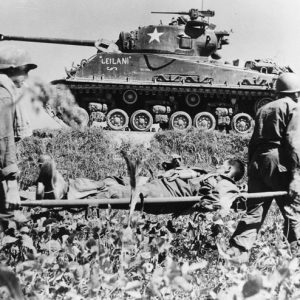 Wounded Soldier in Korea
Wounded Soldier in Korea
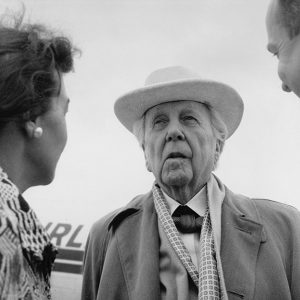 Greeting Frank Lloyd Wright
Greeting Frank Lloyd Wright
Wright’s Arkansas Cavalry (CS)
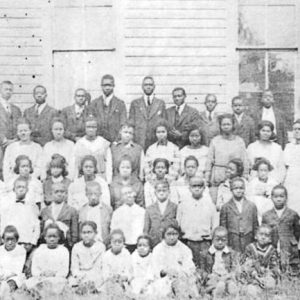 Wynne Institute
Wynne Institute




